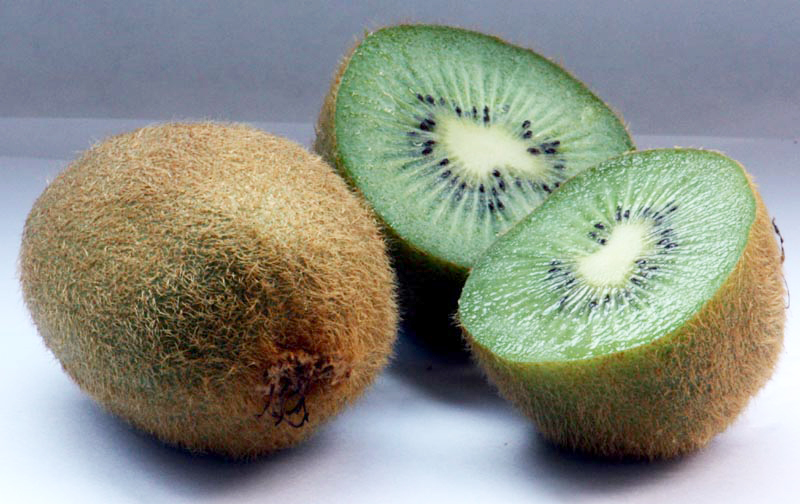This Kiwifruit Isn't From New Zealand at All. It's Chinese, and This Is How It Got Hijacked

QuoteThe kiwifruit may be New Zealand’s defining agricultural product, generating a handsome $1.05 billion in exports for the country in 2015, according to data from the U.S. Department of Agriculture. But how the South Pacific nation came to claim the exotic, fuzzy fruit with soft, green flesh and a unique taste is a story that combines considerable luck and a stroke of marketing genius.
NOTE: This paragraph below is misleading at best.
QuoteToday, even parts of the Chinese-speaking world call the fruit by a partial transliteration of its Oceanic moniker. In Hong Kong and Taiwan, at least, it’s known as strange fruit — qi yi guo in Mandarin, or kei yi gwo in Cantonese. (Google searches of mihoutao still turns up considerable results, but mostly confined to web pages from the People’s Republic.)
Taiwanese call it 奇异果 (qí yì guǒ), but it still called 猕猴桃 (mí hóu táo) by around 1 billion Mandarin speaking mainlanders. Taiwan has just over 4 million native speakers of Taiwanese Mandarin.



